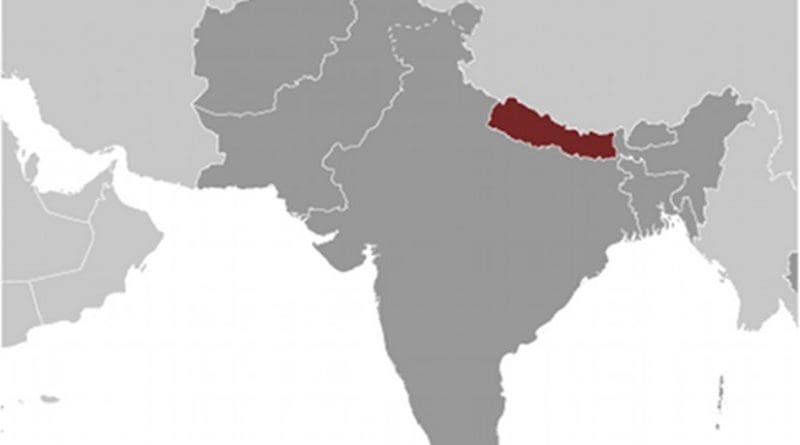Nepalese Minors In Indian Brothels – OpEd
Sex slavery is a sadistic and extreme form of human crime. Every year, thousands of Nepalese girls are trafficked into Indian brothels to feed the booming demand of the Indian sex industry. There are thousands more, who have already been covertly living in various brothels of India.
The majority of the trafficked girls are lured by pimps and traffickers. The reality is heart-rending, as the huge numbers of girls, sold to these brothels as sex slaves, are minors. According to a UN report, Asia has about one million children engaged in sex trade. In the South Asian context, India has the largest sex industry. There are approximately 2,50,000 Nepalese girls, forced to live in a servile brothel atmosphere. The number of trafficked girls may be more, as there is no exact measure to monitor the flow.
The United Nation estimates that the number of girls trafficked from Nepal every year, across the Indian border, are more than seven thousand. This means that every day, almost twenty girls leave Nepal to become a part of this gruesome existence. Activists claim that, out of the total number, twenty percent of the girls are below sixteen years of age. The girls are forced to live inside claustrophobic rooms, far from their families and friends for years and years. The thresholds of the brothels are their limit. They are brutally penalized for going beyond that limit without the permission of the owner. Inside the brothel, disobedience means death.
However, exploitation of minors is not subjected to India alone; it has become a solemn issue within Nepal. The dance bars, cabin restaurants, massage parlours in Kathmandu have become potential venues for exploiting girls. They are coerced by the owners to entertain their clients. Being a part of the brothel is not their choice. The pimps who lure these innocent girls are often, close acquaintances of the victims. Girls as young as nine years are sold. These immature girls are often hidden on lofts and underground cellars when the brothels are raided. Every day, they have to go through a wave of abuses. Girls are forced to service as much as forty men per day. They have to bear the constant tortures of the clients, pimps, brothel owners and the police. Incidents such as beating, acid attack, detention and mass rapes are common. Those who have tried to escape, have also been occasionally murdered. Nicholas Kristoff, a New York Times correspondent argues that, ‘India probably has more modern slaves than any other country.’
The main epicentres of the sex trafficking industry are Mumbai, Delhi, Chennai and Calcutta. These cities are like magnets, enticing pimps to supply girls from the rural areas. In Nepal; Sindhupalchowk, Nuwakot and the Western belts are more prone to sex trafficking. There are a lot of parents in these areas, who have been waiting for their missing daughters. They believe that their daughters are earning a decent living, by working hard in Indian cities, but the reality is different. Sushma, one of the girls who managed to run away from the brothel was sold for as little as ten thousand rupees. The girls who are sold are unaware of the price paid to the traffickers. It depends upon the age and fairness of the girl. It takes them many years to repay the amount they are traded for.
Organization like the Maiti Nepal, has made a big difference in curtailing the number of girls being trafficked to India. However due to the porous border, it is easy for the traffickers to pursue their trade. Local NGOs and other humanitarian organizations can play decisive roles in raising awareness about the issue. The major reason for the overwhelming success of girl trafficking is poor law enforcement. The only way to curb this problem is the introduction of strict trafficking laws. Apart from the legal directives, frequent social awareness campaigns, must be launched within our social periphery.
The girls sold in the brothels are psychologically wounded. Proper rehabilitation centres, like the Maiti Nepal must be set up at different areas of Nepal, to cater to the need of the victims. These children, who are our daughters and our sisters, have never been our priority. We have to acknowledge the abuse, the trafficked children are facing and do something about it. The trend of placing premature Nepalese girls for sale in Indian brothels should be immediately stopped once and for all.

